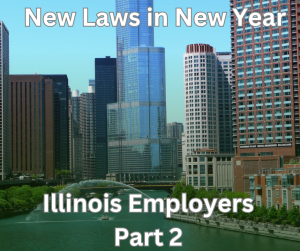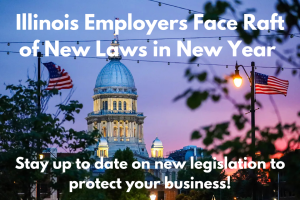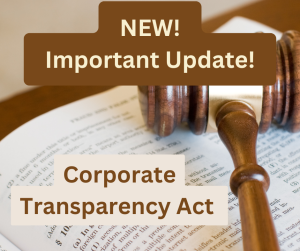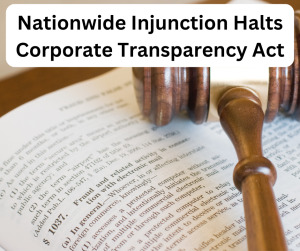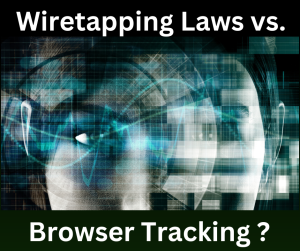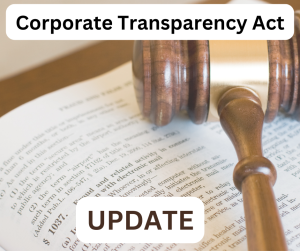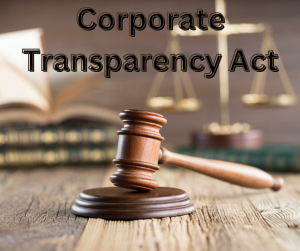Rarely does something that is forced affect a lasting difference, much less result in an improved circumstance. That said, as I considered another flip of the calendar, I decided to at least partially break my own rule and to offer what I will call a few suggestions that just might make for a better business new year.
Resolution #1: Update your corporate minute book. For many businesses, particularly closely held ones, the corporate formalities tend to get relegated to the “we’ll get to it” pile. In the new year you might consider updating your corporate minutes. Hold the meetings that the operating agreement or by-laws require. Make the disclosures to the members or shareholders. Document the company resolutions put into effect last year. Review, update and memorialize your policies. Lawsuits have been decided based on what company put in writing – or failed to write down.
Resolution #2: Review your contracts. For reasons lost on me, people often will sign a contract and never look at it again. This is unfortunate. Contracts spell out how a business relationship is to function, including the parties’ respective rights and obligations. What frequently happens is that the business conducted in real time diverges from what was planned and intended. Periodically reviewing your contracts can help to ensure that your transactions or relationships work as planned; such reviews also can help to avoid problems before they turn into a source of conflict and added expense.
 Chicago Business Attorney Blog
Chicago Business Attorney Blog


